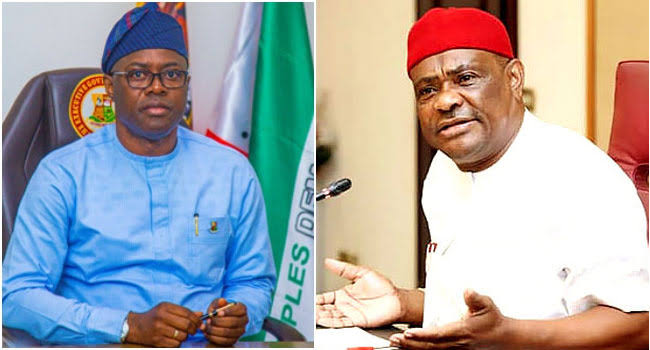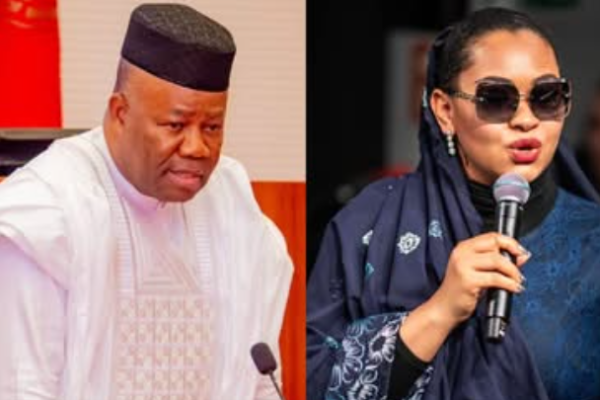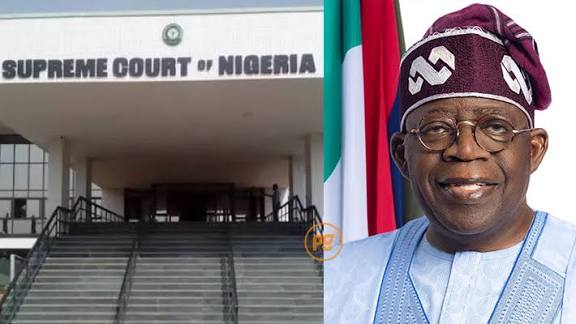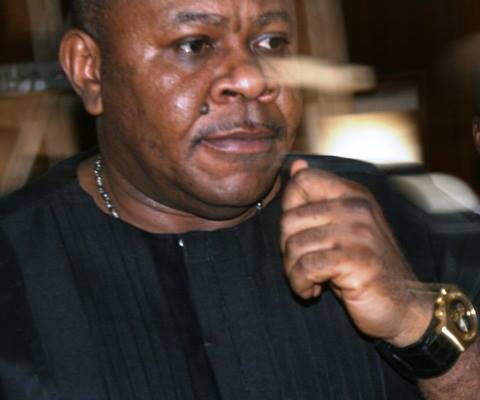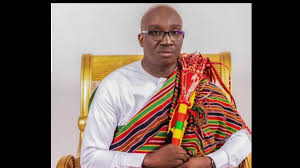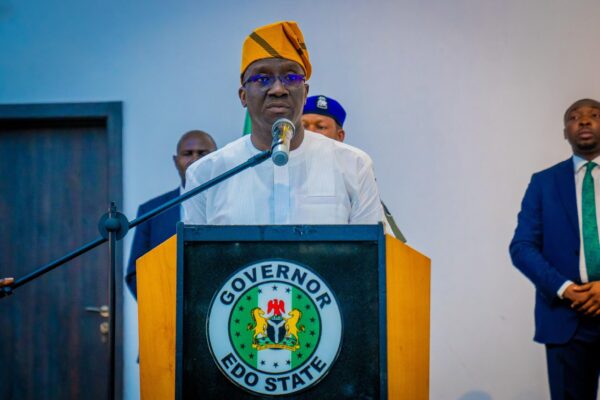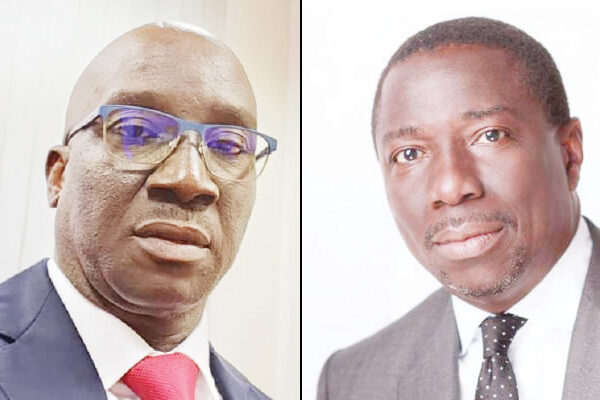
Supreme Court Ends Kudirat Abiola Murder Case
The Supreme Court has brought a definitive close to the prolonged murder case of Alhaja Kudirat Abiola, rejecting efforts by the Lagos State Government to reopen the prosecution of former Chief Security Officer to General Sani Abacha, Major Hamza Al-Mustapha (retd.). In a unanimous ruling delivered on Thursday, a five-member panel of the apex court held that Lagos State effectively abandoned its appeal by taking no procedural steps for nine years after being granted permission to challenge Al-Mustapha’s acquittal. Kudirat Abiola, wife of the presumed winner of the annulled June 12, 1993, presidential election, Chief MKO Abiola, was assassinated in Lagos on June 4, 1996, during intense nationwide protests against the annulment of the election. Justice Uwani Aba-Aji, who read the lead ruling, described the conduct of the Lagos State Government as “inexcusable,” noting that despite receiving leave from the Supreme Court in 2014 to appeal out of time, the state failed to act within the period provided by the court. At the hearing, Al-Mustapha’s counsel, Paul Daudu (SAN), informed the court that the state neither filed a notice of appeal nor took any steps to prosecute the matter since the order was granted. He reminded the panel that Lagos State was given 30 days in 2014 to file the necessary processes but did nothing, a clear indication, he argued, that the appeal had been abandoned. Daudu therefore urged the court to dismiss the appeal in its entirety. Justice Aba-Aji confirmed that court records showed Lagos State was properly served with hearing notices but failed to appear in court or provide any explanation for its absence. She stressed that nine years was more than sufficient time for any serious litigant to act. The court further expressed dissatisfaction that the state government neither entered an appearance nor communicated with the court, despite being aware of the proceedings since 2020. As a result, the appeal marked SC/CR/45/2014 was dismissed for want of diligent prosecution. Another related appeal filed by Lagos State, marked SC/CR/6/2014, was also struck out on the same grounds. In 2014, the Supreme Court, in a ruling delivered by a seven-member panel led by then Acting Chief Justice of Nigeria, Walter Onnoghen, had granted Lagos State leave to appeal against the July 12, 2013, judgment of the Court of Appeal, which discharged and acquitted Al-Mustapha. The court directed the state to file its notice of appeal within 30 days, following claims that it needed time to review the case and challenge the appellate court’s findings. Earlier, on January 30, 2012, a Lagos High Court had sentenced Al-Mustapha, Mohammed Abacha and Lateef Shofolahan to death by hanging for conspiracy and murder. However, the Court of Appeal overturned the convictions in 2013, ruling that the evidence presented by the prosecution was weak and unreliable, and ordered their release. With Thursday’s decision, the Supreme Court has finally shut the door on all attempts to revive the case, bringing an end to nearly three decades of legal proceedings surrounding the assassination of Kudirat Abiola.

